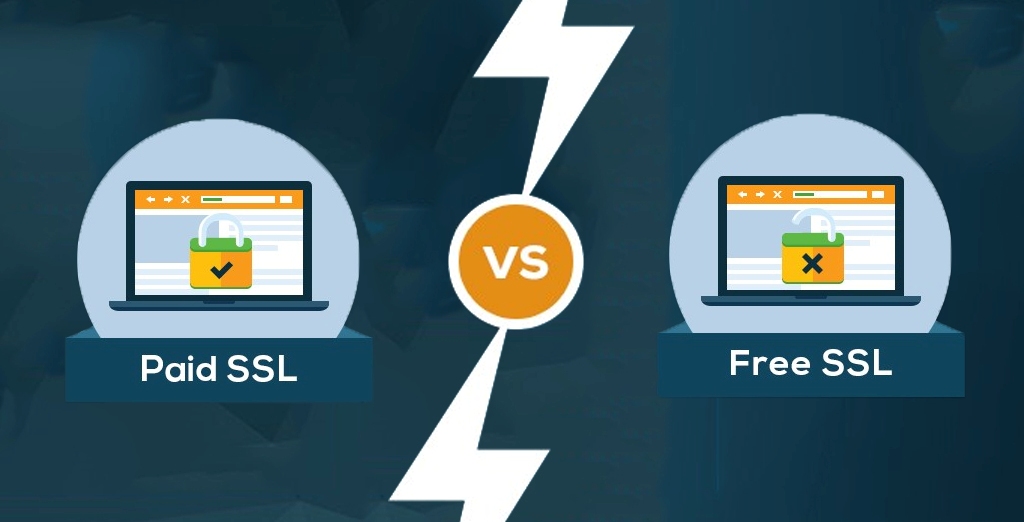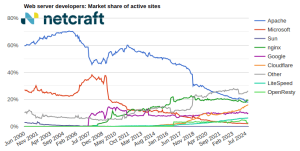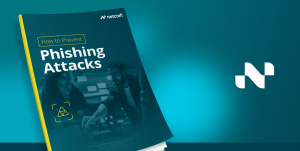
Reputed web hosting companies are bundling a free SSL certificate in the package for the new customers.
You can name any major company such as NameCheap, YouStable, BlueHost, InterServer, and others are offering a free SSL certificate in the shared web hosting.
Pay attention to other packages as well, and you can find a
paid SSL certificate as well, then why would a company avail a free version in
a package?
I am going to bust the myths and explain the differences between Free SSL vs Paid SSL certificate.
By the end of the article, the readers will be able to make a final decision to add a Free SSL vs Paid SSL certificate available in the package.
What is an SSL Certificate?
I can name a lot of beginners reading this article right now,
and interestingly, they have ZERO knowledge in SSL certificate and its
importance.
The communication between the website server and browser renders a website on your screen.
Let us assume that you are shopping online, and the site does not have an SSL certificate.
Assuming that the customer is using Credit Card details to make a purchase, and then he/she has to input Full name, Credit Card number, Expiry date, and CVV.
The browser transfers the Credit Card details to the website server. In the meantime, there is third-party eavesdropping in the conversation,
and the privacy invader will steal the Credit Card number. Even a small-time hacker can steal information using basic hacking tools.
In such cases, we need an SSL Certificate, which is a simple
solution, but it is an effective security layer.
SSL Security full form is the Secure Sockets Layer, which is
advanced encryption. The website server & browser conversation will be
encrypted by the SSL certificate, which is not possible to decrypt.
The industry standard security layer creates advanced encryption that keeps customers/visitors/data away from Hackers, Privacy invaders, and Trackers as well.
Difference between free SSL vs Paid SSL
1. Free SSL Certificate
Explaining the differences between a free version and a paid version can be achieved through the PROS & CONS.
Let’s Encrypt is the worlds biggest free SSL certificate provider.
Talking about the advantages & disadvantages might not conclude the solution. I am going, beginning with, the PROS, and then we will move to the CONS.
PROS:
The above four reasons are enough to conclude that the Free SSL Certificate is worth something.
Do not conclude because you have to read the CONS as well. I am going to reveal something that no web hosting company tells the customers.
CONS:
Overall speaking, there is no quality control or customer support exists for the free version.
No company can invest a lot of capital in customer support service for a free SSL certificate.
2. Paid SSL Certificate
New customers can exceed expectations from the premium product.
I want to clarify that a premium SSL certificate comes in different pricing because the cost increases the number of domains protection.
There are valuable packages for multi-domain, sub-domains, and others, so make sure to double-check before making the purchase.
Keep in mind that one SSL certificate does not protect multiple domains installed in one web hosting, and it does not support sub-domain as well.
Kindly, take a quick look at other Paid SSL certificate packages, which comes a little bit expensive.
PROS:
CONS:
The single domain owner may not have to suffer from buying a premium certificate, but the multi-domain packages will rip customers off. The packages are on the expensive side, and it isn’t an easier option for a common person to afford it.
Conclusion
Professional hackers & privacy invaders do not attack a basic website, business website, and small blogs because visitors do not input Credit Card & Debit Card information.
Premium SSL Certificate is a necessity for an e-commerce site and websites with payment option.



